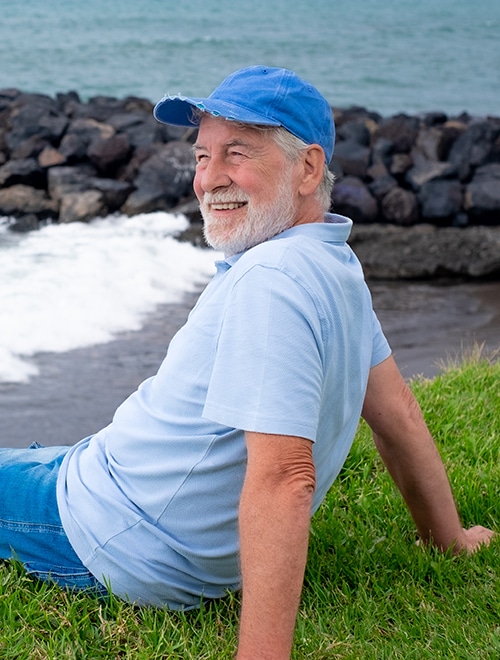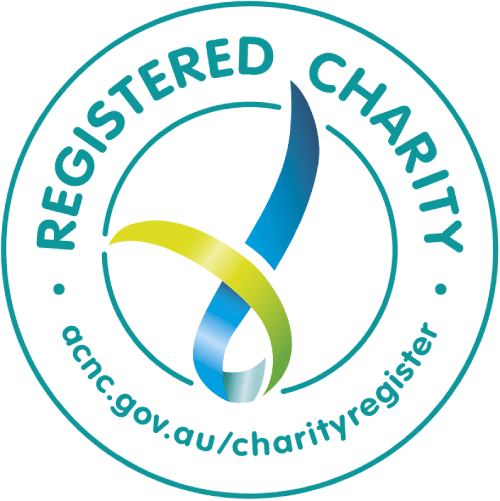- 2 min read
What are complementary therapies?
Complementary therapy is a broad term that covers many forms of non-traditional therapies or treatments.
Complementary therapies and alternative medicine are not the same. Complementary therapies are usually used alongside treatment from a doctor. Alternative medicine is used instead of treatment from a doctor and is generally unproven and not recommended. However, the terms are sometimes used interchangeably.
Some men with prostate cancer might use complementary therapies alongside conventional prostate cancer treatments to help them cope with the physical and emotional symptoms of cancer or the side effects of treatments.
Are they safe and do they work?
There isn’t enough scientific evidence to prove whether or not complementary or alternative therapies work for men with prostate cancer. Most of them just haven’t been studied enough. However, we do know that some complementary therapies like exercise programs do benefit men with prostate cancer. It is unlikely that complementary and alternative therapies can cure your cancer or help you live longer. But they may improve your quality of life, which for many men is just as important.
The problem is that some complementary and alternative therapies can do you harm. They can cause side effects, stop your medicines from working properly, or make you sicker. They can also be expensive. You are more likely to die if you stop taking conventional medicine in favour of alternative therapies.
It is important to speak with your healthcare team if you are thinking of using complementary therapies, to make sure it is safe and won’t interfere with any of your other treatments.
What are the different types of complementary therapies?
There are many different types of complementary therapies, including:
- Vitamins, minerals and special diets
- Meditation
- Yoga
- Acupuncture
- Massage
- Aromatherapy
- Hypnotherapy
- Mindfulness
- Tai Chi
- Relaxation techniques
- Counselling
For more information about the use of complementary therapies, see Understanding complementary therapies – a guide for people with cancer, their families and friends (Cancer Council NSW), available from: https://www.cancer.org.au/cancer-information/treatment/complementary-therapies
If you have any questions about complementary therapies, ask a member of your healthcare team or call a PCFA nurse on 1800 22 00 99.
Key Points
- Complementary therapies are used alongside treatments from your doctor or specialist
- They may help you to cope with symptoms and treatment side effects but there is not enough evidence to say they will help you live longer
- Complementary therapies like exercise programs do benefit men with prostate cancer and they may also improve your quality of life
- Alternative therapies differ as they are used instead of conventional treatment and are generally unproven and not recommended
- It is important you tell your doctor if you are planning to use or are using complementary or alternative therapies as they may affect your treatment
- There are many different types of complementary therapies available






